Faculty Spotlight: 21 Questions With Kevin Bieniek, Ph.D.
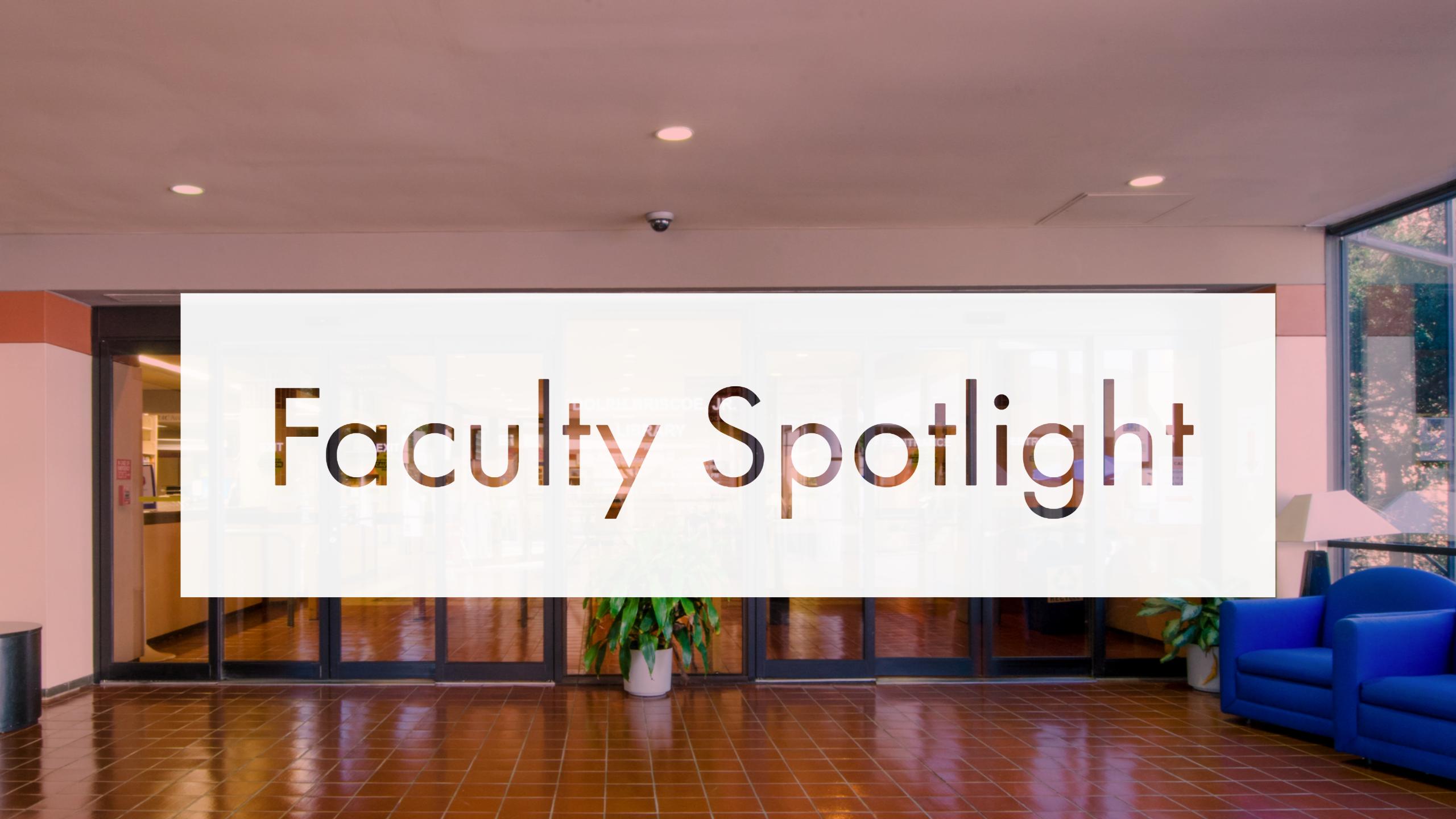
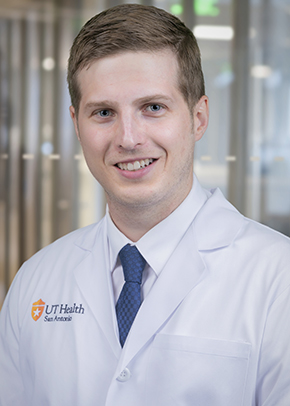
Dr. Kevin Bieniek is an Assistant Professor in the Department of Pathology and the Biggs Institute Brain Bank Director. View his faculty profile >>
1) Please tell me about yourself.
Originally from Minnesota, I received my B.Sc. in Biology and Psychology from Iowa State University and then spent eight years in Jacksonville, Florida doing my graduate and postdoctoral studies at the Mayo Clinic. I am married to a very smart, beautiful and supportive partner, Ashley, and have two amazing F1 progenies: Corbin (4) and Ruby (1).
2) What brought you to UT Health San Antonio?
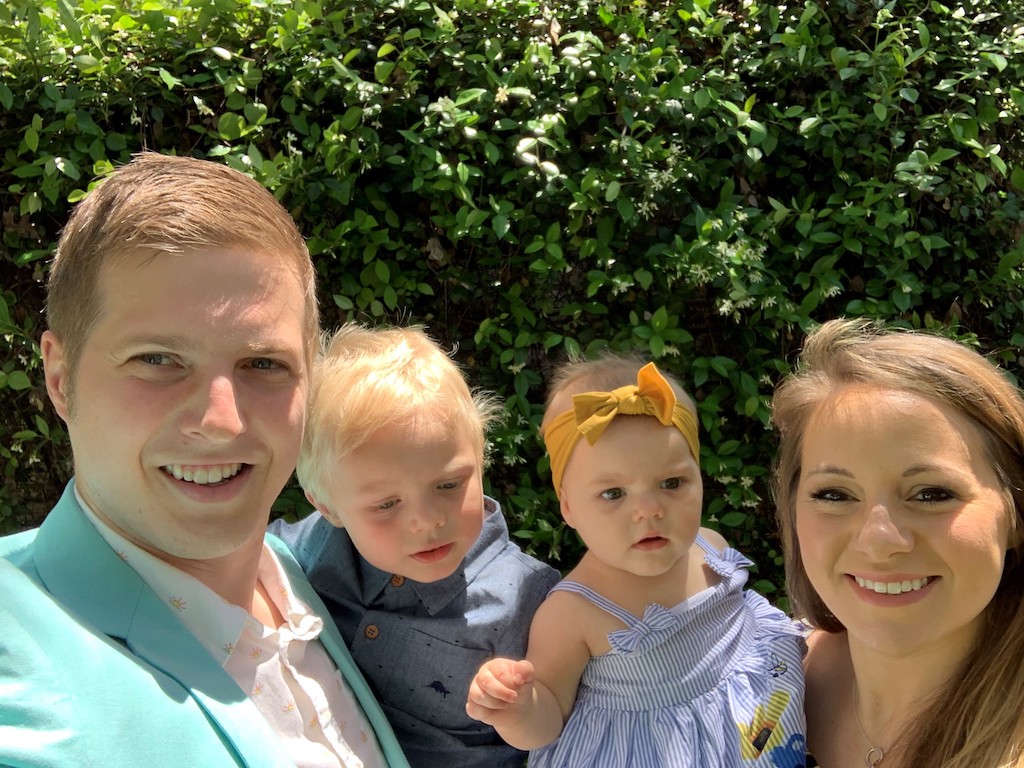
I was excited by the possibility of helping to build a new brain bank from the ground up and motivated by the passion and enthusiasm of the Biggs Institute Founding Director, Dr. Sudha Seshadri. Though I had actually never been to Texas prior to joining UT Health San Antonio, coming to San Antonio helped our family realize what an incredible city this was for all of us.
3) Tell me about your research interests and why you are passionate about this topic?
I am really fascinated by the link between traumatic brain injuries (TBI) and neurodegeneration. Both entities are super complex and dynamic which makes things all that much more interesting. My research approach to studying TBI and neurodegeneration is through neuropathology, looking at brain tissue from deceased donors. Specifically, I’ve been studying a disorder associated with repetitive head trauma often sustained through contact sports known as chronic traumatic encephalopathy, or CTE. Having uncovered CTE pathologies in brains ranging from 21 year old football players to 93 year old former boxers, I’m striving to address super basic but important questions: how common is it, what are factors that put you at a higher risk (or alternatively protect you) of getting it, and how can we detect and treat it in the living?
4) What do you want the public to know about your research? Why is your topic important?
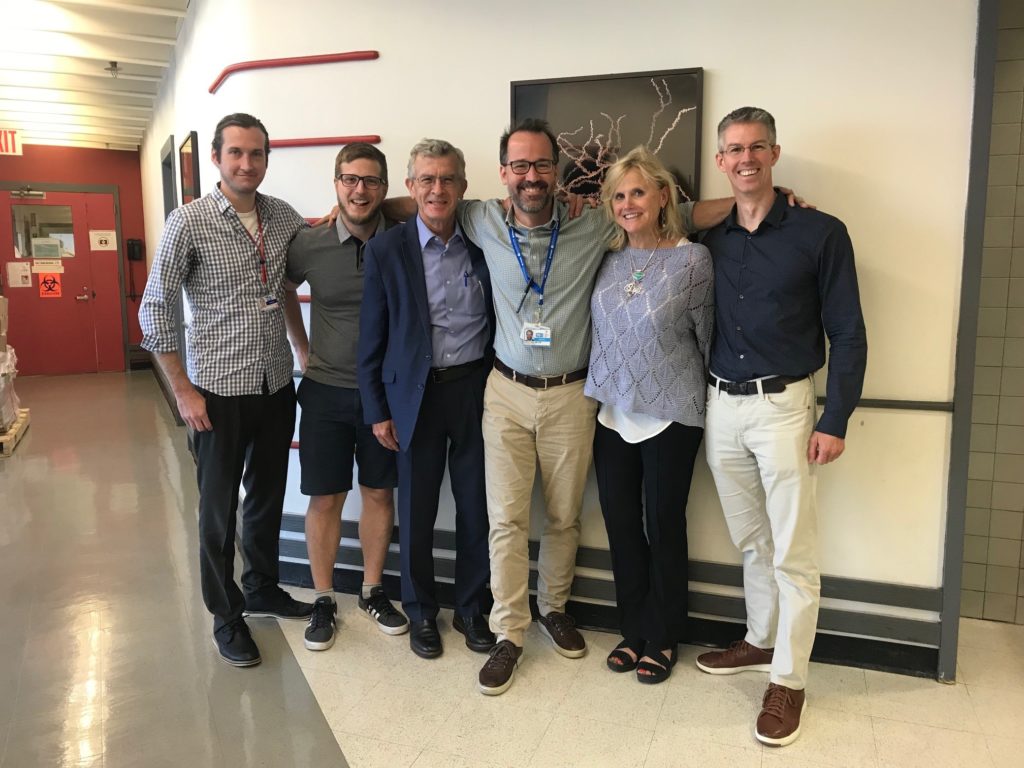
CTE has been a “hot topic” over the last few years as it relates to professional sports and public health. I’ve had the opportunity to share my research with media organization like ESPN and the New York Times. It’s motivating to do the type of science that not only scientists talk about! But I think the important thing is that science requires empirical research and not sensationalism. I want the public to have access to information about contact sports and brain health that is rooted in thorough and comprehensive science.
5) What is your favorite part of your job?
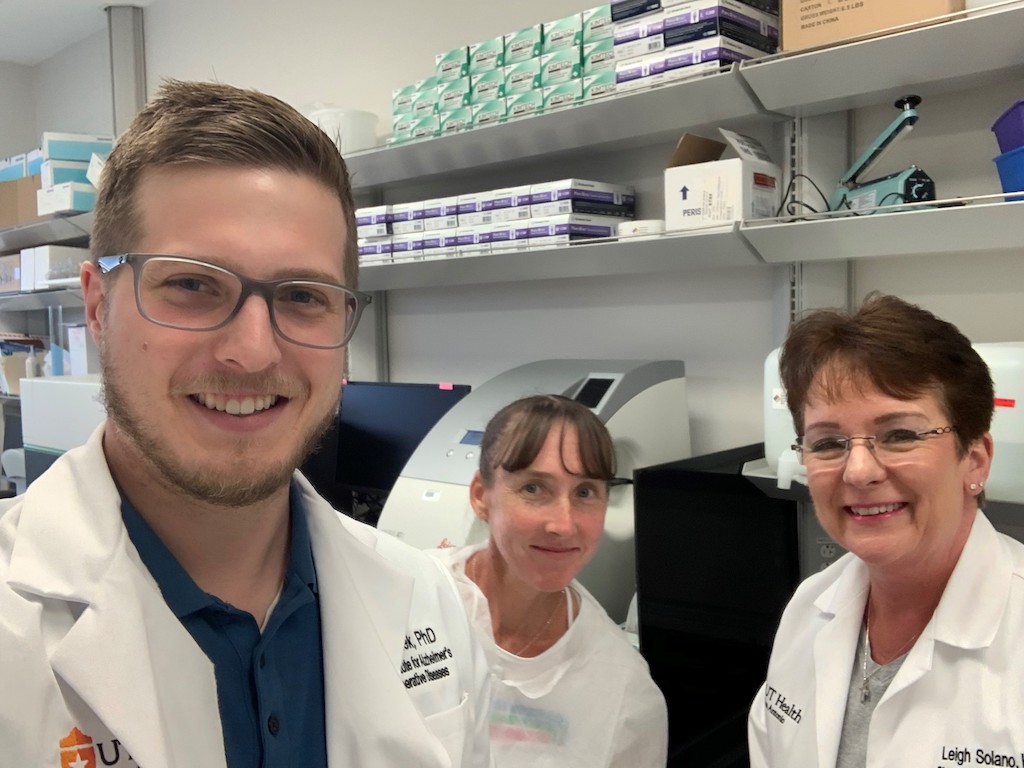
Cutting and processing human brains. It is absolutely humbling knowing that that donor entrusted you to use their gift to help advance science and to help provide their families with answers. At the same time, you are working with the organ that defined that individual’s consciousness and sense of being. To appreciate that and to be able to see the effects of neurodegeneration and human brain aging firsthand is truly an unparalleled experience.
6) What is the most challenging part of your job?
Juggling management of the brain bank and an independent research program. Additionally, there are so many different and interesting studies and collaborations revolving around the brain bank cases that it’s easy to get sidetracked by different things.
7) What do you like most about mentoring students?
For younger students, bringing microscopes and brains into a classroom, it is empowering to see a new generation interested in the brain and a possible future career in science. For more advanced trainees and graduate students, I love being a “scientific enabler.” My mentor let me chase the questions and approaches I was interested in and passionate about. That’s a style I want to always emanate with any student I mentor: giving them the tools, opportunities and direction to realize their aspirations.
8) How do you like to spend your free time?
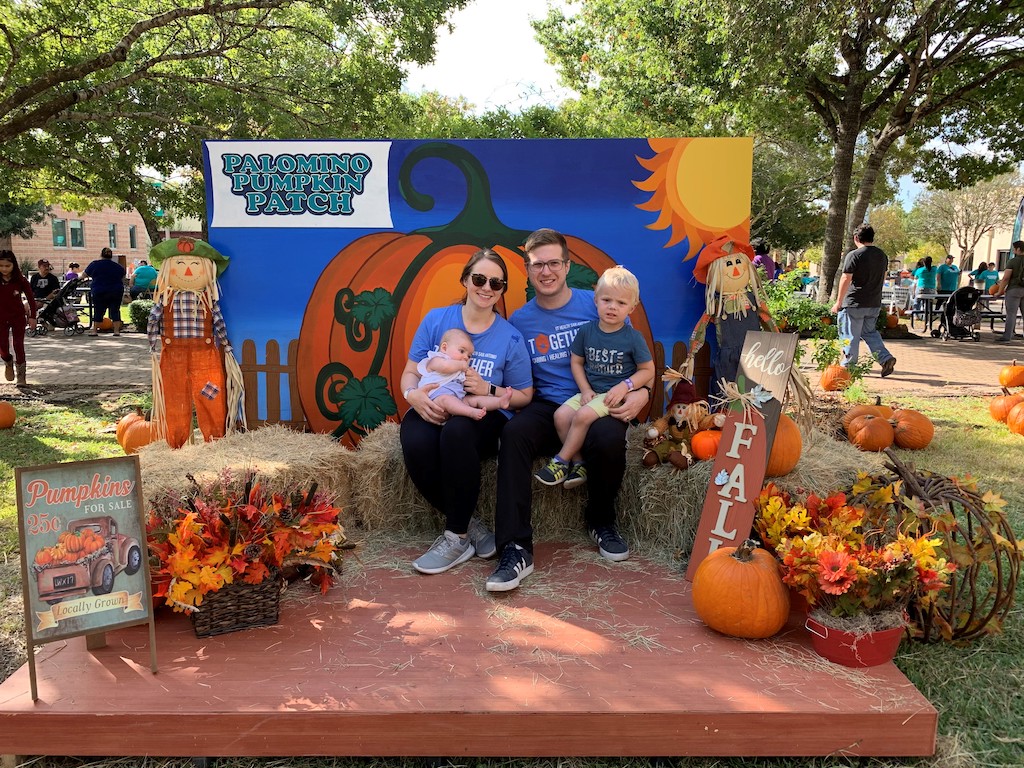
Chasing my kids, fixing things around the house, and after everyone’s asleep and the day is done, crashing on the couch to watch sports or Netflix.
9) What is the most helpful advice you’ve received?
In this line of work, you experience 30 year old’s completely disabled by ALS to 80 year old’s with limited-to-no memory of their families or past life from Alzheimer’s disease. It really makes you realize that mantra of “everyday is a blessing.” You learn not to sweat the small stuff or get hung up on short-term failures.
10) When did you start becoming interested in science?
Junior year of high school. I had an inspiring biology teacher and began to develop a lifelong appreciation for the scientific world.
11) Growing up, what did you want to be?
Zookeeper. Now that I have kids, in a way that dream was manifested.
12) Who has influenced you the most in life?
Great mentors (yeah, yeah, yeah super generic I know). Started with my parents and continues to my boss today.
13) If you were stranded on a deserted island, what one band or musician would help keep your sanity?
Nickelback
14) What do you consider your favorite hobby?
Cycling with the family
15) What is your favorite quote?
 I first saw the Wayne Gretzky quote in a visitor’s locker room as a high school basketball player, but I think it rings true in sports and in life: “You miss 100% of the shots you don’t take.”
I first saw the Wayne Gretzky quote in a visitor’s locker room as a high school basketball player, but I think it rings true in sports and in life: “You miss 100% of the shots you don’t take.”
16) If you could have dinner with one person, living or dead, who would it be?
Chef José Andrés – the food would be amazing and his mission is inspiring.
17) If you won the lottery, what would you do?
Set up an endowment fund to support neurodegenerative research and patient care, particularly serving under-served and under-represented populations.
18) If you could travel anywhere, where would you go?
I enjoy exploring new countries and cities all over the world, but I find a lot of comfort getting away from people and enjoying nature. National parks in the Pacific Northwest are definitely up there.
19) If you could only eat one thing for the rest of your life, what would it be?
My comfort food: honey and cornbread (the good, not super dry, no jalapenos kind).
20) Which authors or books have influenced you the most?
Based on current reading volume, probably Eric Carle’s “The Very Hungry Caterpillar.” I can relate.
21) Tell us something about yourself that otherwise we wouldn’t know or guess.
I built a chicken coop in my backyard and five buff orpingtons. It’s been an adventure.
